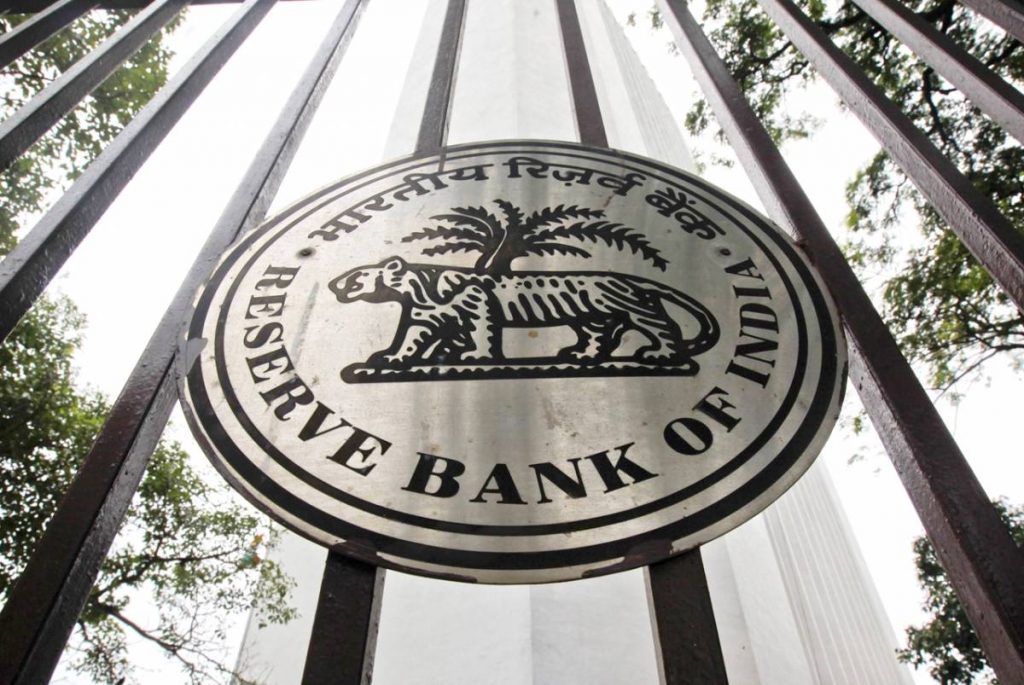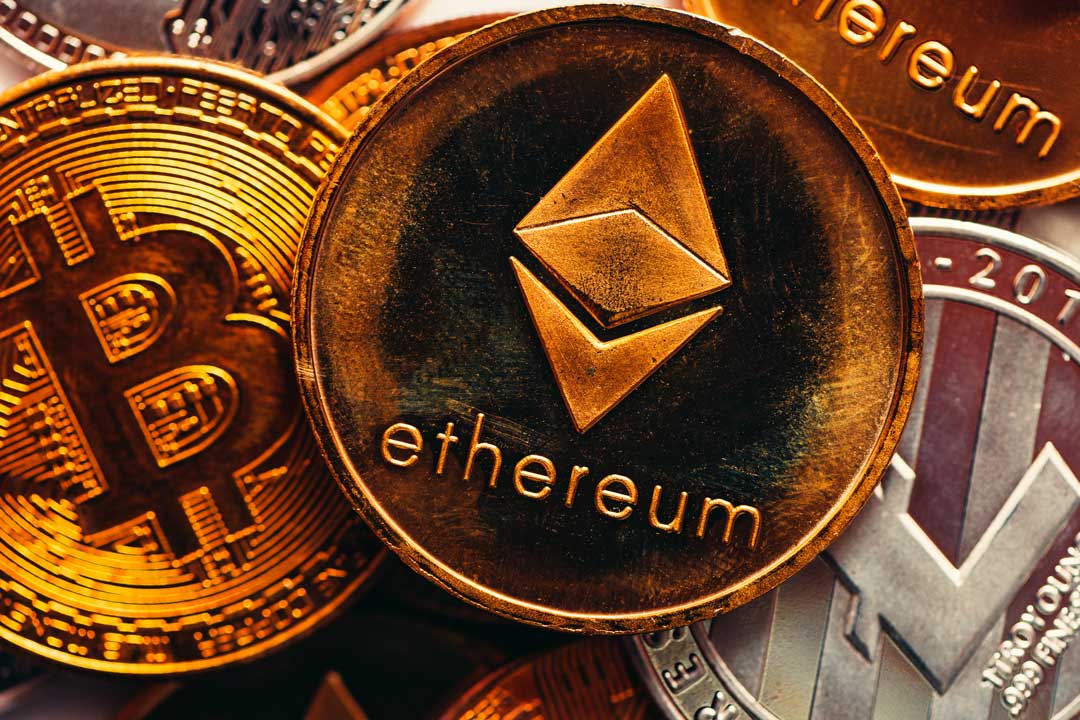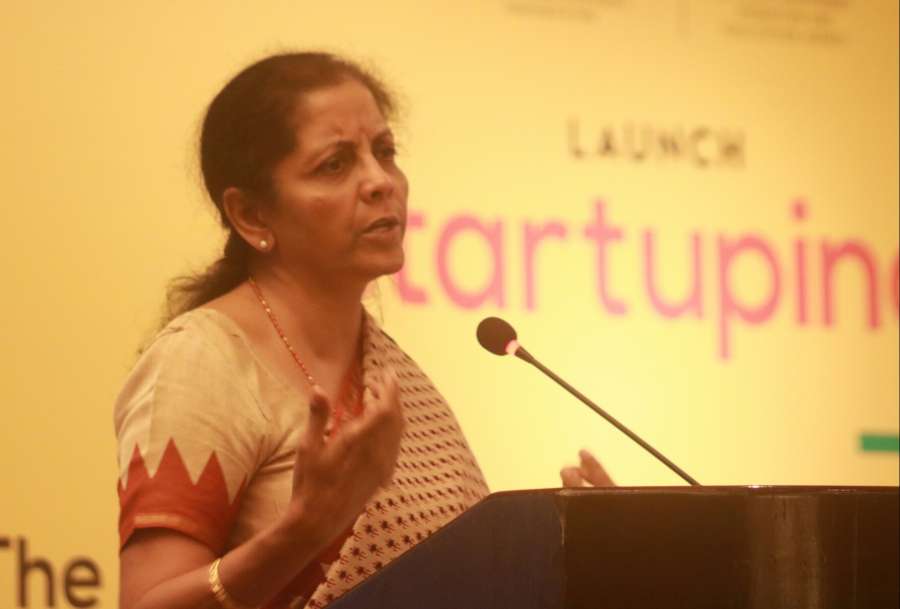While the Reserve Bank of India (RBI) wants a blanket ban on cryptocurrencies, the government remains in a confused state of mind…writes Nishant Arora
The Cryptocurrency and Regulation of Official Digital Currency Bill 2021, seeking to prohibit all private cryptocurrencies in India, was set to be tabled in the Winter Session of Parliament that began on November 29. But the Bill did not make it to the table — second time in a year — as the chorus around the legality of digital coins and how to safeguard investors’ money grew louder.
Grave concerns have now been raised over the misuse of digital coins on the Dark Web for terror acts and drugs trafficking by militant organisations, and for money laundering and hawala-based transactions — posing serious threat to national security and a big challenge to the security agencies in India.
While the Reserve Bank of India (RBI) wants a blanket ban on cryptocurrencies, the government remains in a confused state of mind.

From “all windows on cryptocurrencies will not be closed” to “no proposal to recognise Bitcoin as currency”, and “regulating cryptocurrency will have to be a collective effort”, Finance Minister Nirmala Sitharaman and her team is yet to make up their mind as to how to deal with this emerging situation, especially at a time when several countries like China, Bangladesh, Russia, Egypt, Morocco, Qatar, Turkey and Vietnam have banned or prohibited/restricted cryptocurrencies.
Will India finally see a fruitful Crypto Bill, after inserting global knowledge into its clauses as being sought by the government, next year?
According to Subhash Chandra Garg, former Finance Secretary of India and a key figure behind drafting the original Bill, crypto businesses and assets (built on the Blockchain cryptography technology in decentralised databases), including stable-coin currencies, are expanding fast in the world.
“India, though not quite deep into developing crypto platforms like Ethereum or in creating crypto-businesses, has acquired a fancy for crypto-assets of different types. This fascination started with Bitcoin and has now expanded to many other crypto-assets (loosely referred to as crypto-currencies),” Garg told IANS.
Garg sees this fascination continuing in 2022 as well.

“Although, if there is a big crash in crypto-asset prices, which is inevitable sooner or later, Indian investors might bolt from crypto-stables, but only after their noses get bruised,” he warned.
Organisations globally were forecast to spend nearly $6.6 billion on Blockchain solutions this year, an increase of more than 50 per cent compared to 2020, according to the International Data Corporation (IDC).
Blockchain spending will continue to see strong growth throughout the 2020-2024 forecast period with a five-year compound annual growth rate (CAGR) of 48 per cent and reaching nearly $19 billion in 2024.
The deployment of Blockchain technology for cross-border settlement will drive significant cost savings for banks, rising from $301 million in 2021 to $10 billion in 2030 — a whopping 3,300 per cent growth in cost savings, according to a report from Juniper Research.
From an industry perspective, banking leads the way in Blockchain spending, followed by process manufacturing and discrete manufacturing and IT services and business services.
Given its pool of tech talent and early adoption, India will have a crucial role to play in the Blockchain-based financial world order.
“Blockchain-cryptography technology is brilliant and full of promise and the businesses and assets being built thereon are quite valuable. However, there is no good way at present to assess the true value of crypto-assets and businesses. Present prices reflect the euphoria of this potential,” Garg noted.
“Indian entrepreneurs might also be able to unscramble this technology by then and start building good crypto-Blockchain technology service businesses. That would be the beginning of true crypto adoption in the country,” he added.

Amid the growing adoption around Blockchain, the cryptocurrency exchanges have recently mushroomed with deep business interests in mind.
According to experts, the government must not only ensure that investors’ money is safe, but also trace millions of dollars that have been routed via crypto exchanges and platforms that the relevant authorities have no clue about.
A media report said in November that over Rs 4,000 crore of illegal transactions via cryptocurrency exchanges have been unearthed by the Enforcement Directorate (ED) in the last one year.
“The crypto craze has reached Tier 2 and 3 towns and non-regulation of this market of Rs 6 lakh crore size is raising questions on the sovereign authority of the Government of India. Non-levy of GST in various layers of its transaction and non-imposition of income tax with penalty is already causing huge loss to the state and Central government’s revenues,” said New Delhi-based cyberlaw expert Virag Gupta.
The Indian government faces a tough road ahead on Crypto in 2022, and taking the right decision will have to be a collective one.

Leave a Reply